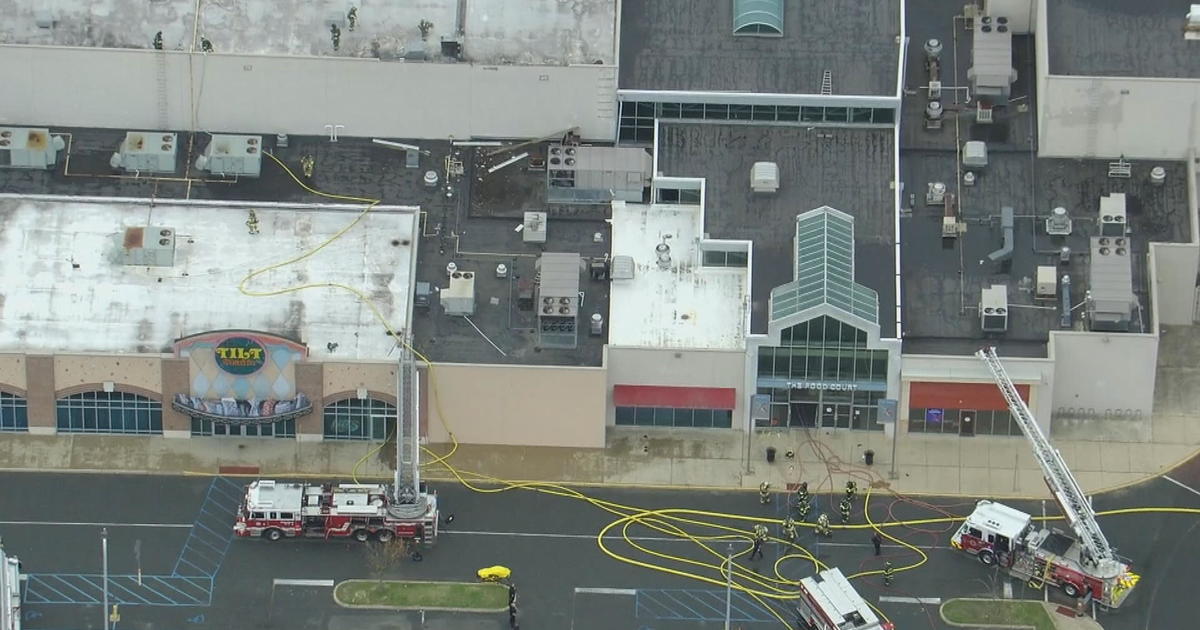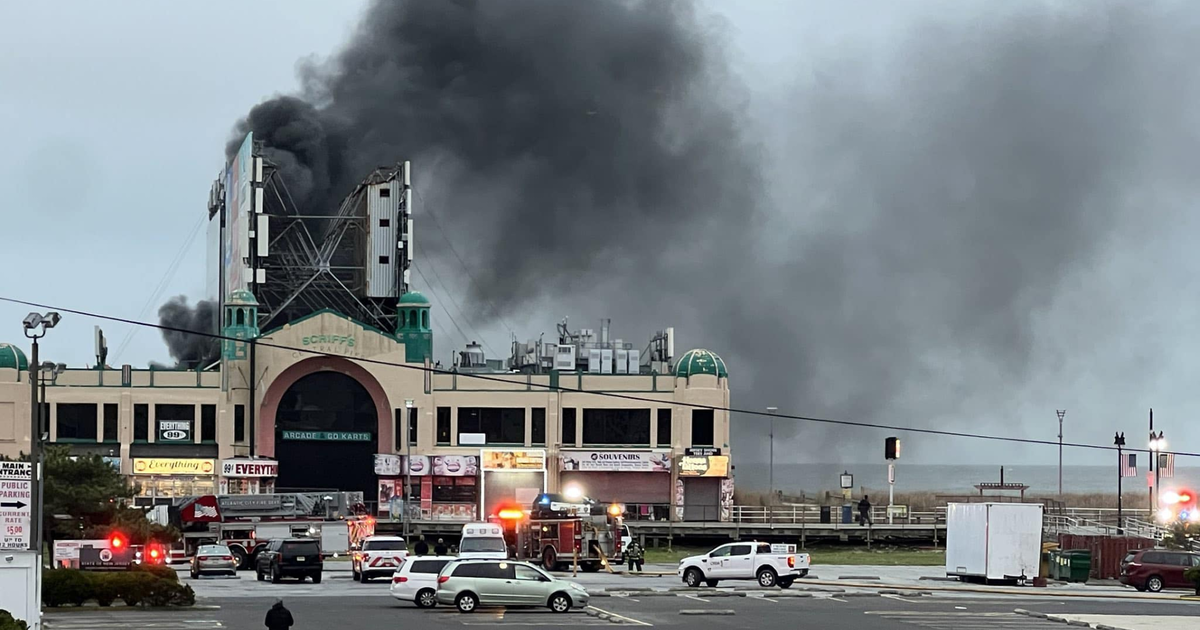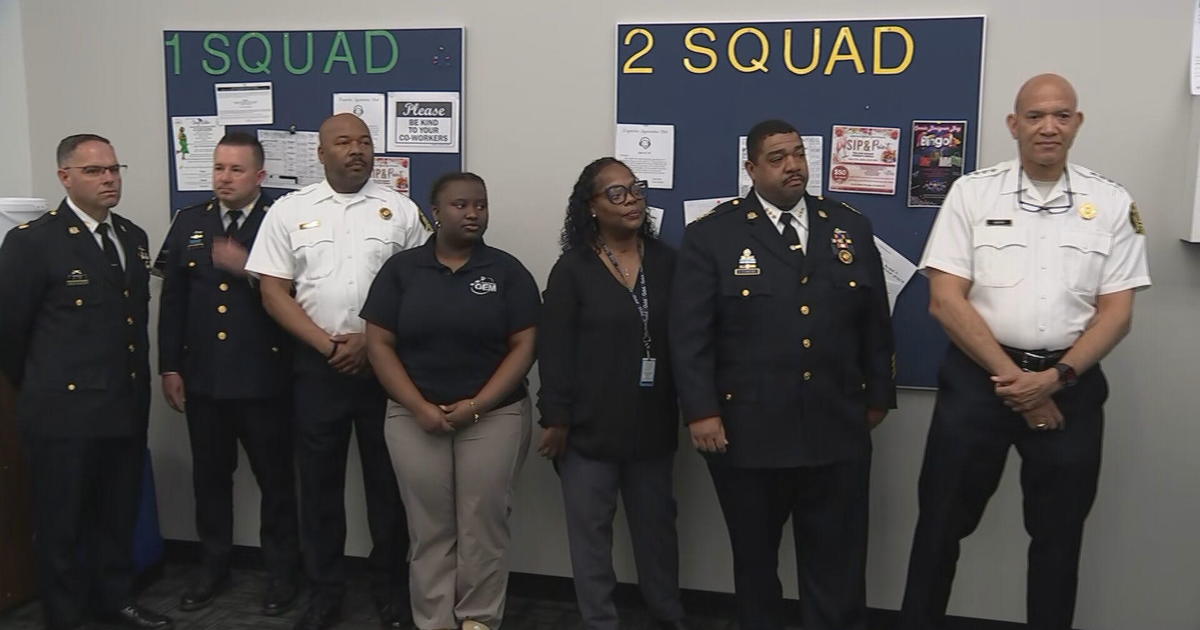State Department Orders Nonessential Diplomats, Families Out Of Cuba After Sonic Attacks
WASHINGTON (CNN) — The US State Department is pulling out all families of employees and non-essential personnel from Cuba, after a string of mysterious sonic attacks against US diplomats, according to two US officials.
The American embassy will continue to operate with a reduced staff. The sources said the US will stop issuing visas in Cuba effective immediately.
The decision came after an exhaustive review of US diplomats' safety in Havana and discussions with the Cuban government, which has vociferously denied any involvement in the attacks.
In a meeting with US Secretary of State Rex Tillerson Tuesday, Cuban Foreign Minister Bruno RodrÃguez denied that Cuba was involved in attacks on diplomats and said the United States was politicizing the incidents. He said his government would continue to work with US authorities investigating the attacks.
"The secretary told him independent of who is doing it, the Cubans have a responsibility for the safety and well being of our people," a senior State Department official told CNN.
At least 21 US diplomats and family members have been affected by the incidents that began in November, causing a baffling array of maladies from hearing loss to dizziness to concussions.
US officials say there may have been as many as 50 attacks, a senior US official told CNN, the most recent in August. Some victims have had long lasting symptoms and, in at least one case, permanent hearing loss.
Despite the harassment, some US diplomats told CNN they did want to depart, saying the reductions likely played into the hands of whoever was behind the attacks and would leave the embassy understaffed during a crucial period where Raul Castro is expected to step down as president of Cuba.
Investigators haven't determined the cause of the incidents, but US officials told CNN they are convinced someone has targeted American diplomats in Havana with a sophisticated device never deployed before, at least not against US personnel.
Canadian diplomats have suffered similar health problems, according to US and Canadian officials.
But seven months after complaints to Cuban officials and assurances from Castro that the incidents would be investigated, US officials are frustrated by the lack of progress and have considered a range of options from scaling back the embassy to limiting the number of people who risk exposure to a full-on shuttering of the embassy, three senior US officials told CNN.
"We have to consider it. We thought we had corralled this, and then the two cases in August took place," a senior US official said. "It is not as if the attacks address individual personnel officers. Our personnel is broadly at risk. So we have to consider next steps because we need to protect our people."
The-CNN-Wire ™ & © 2017 Cable News Network, Inc., a Time Warner Company. All rights reserved.



